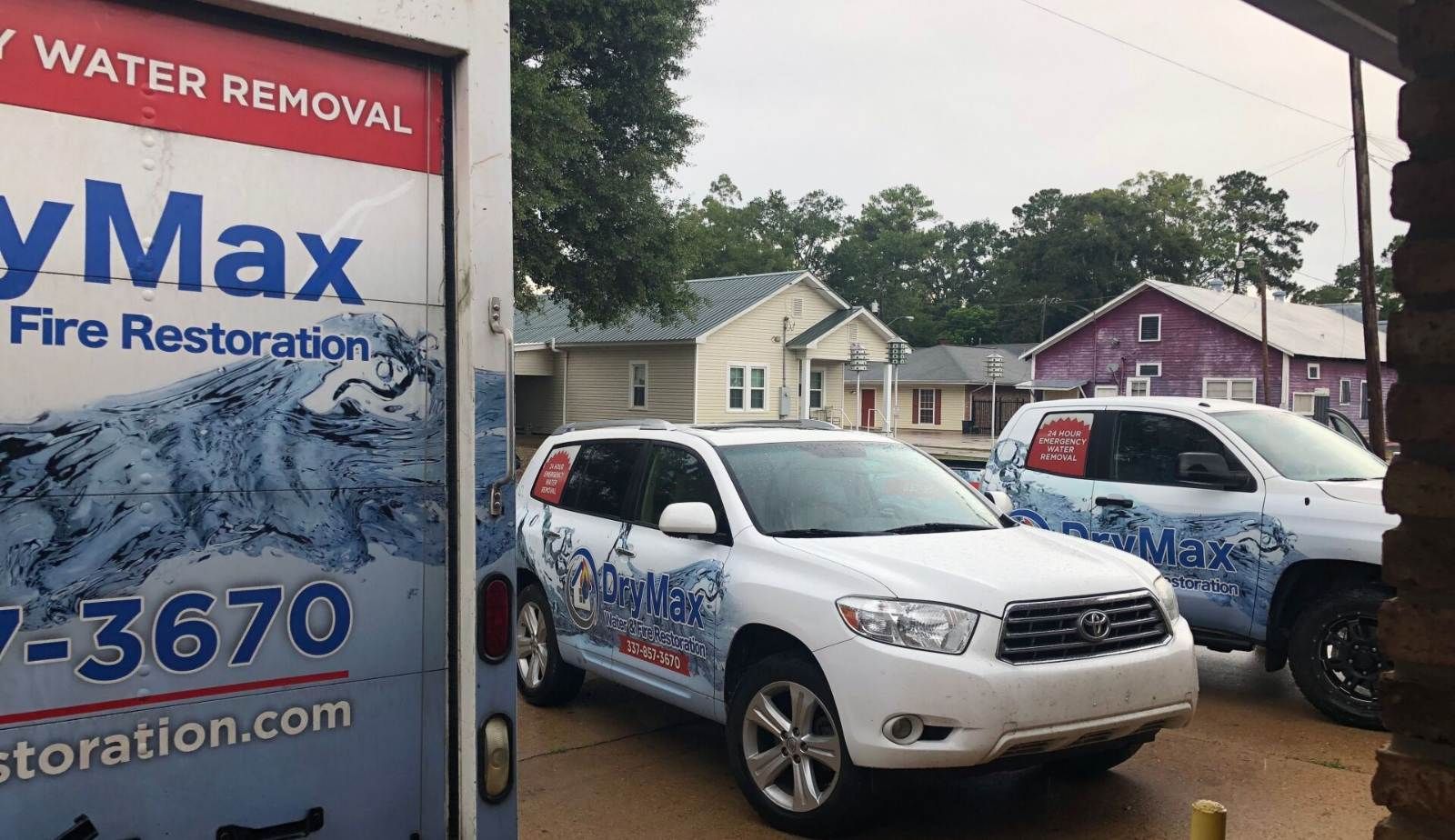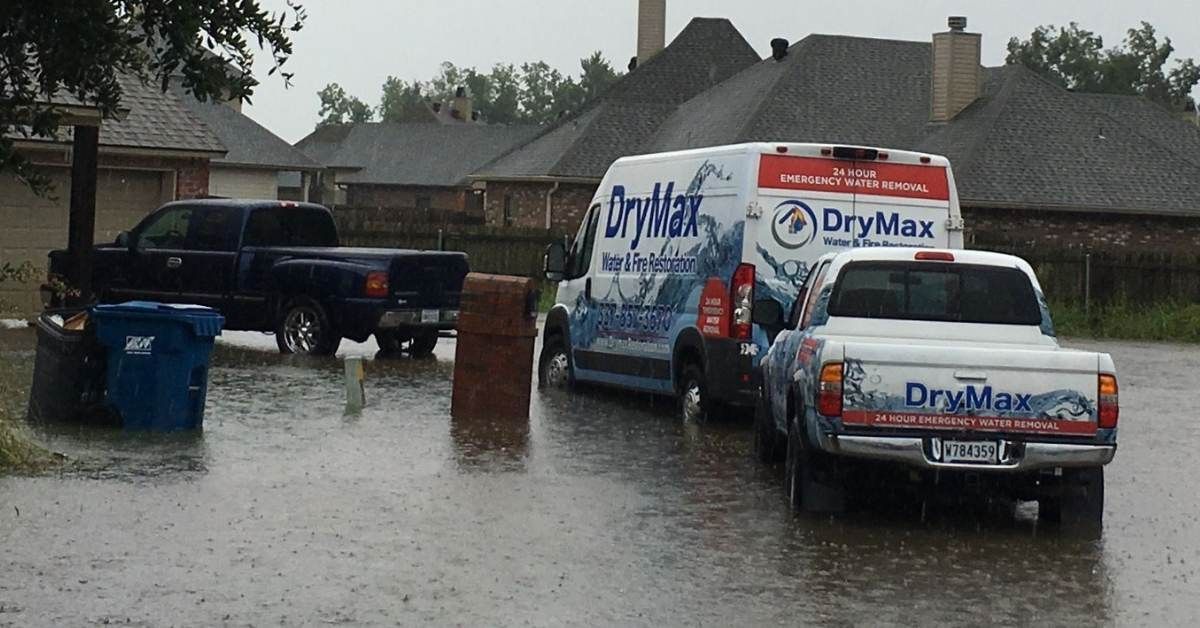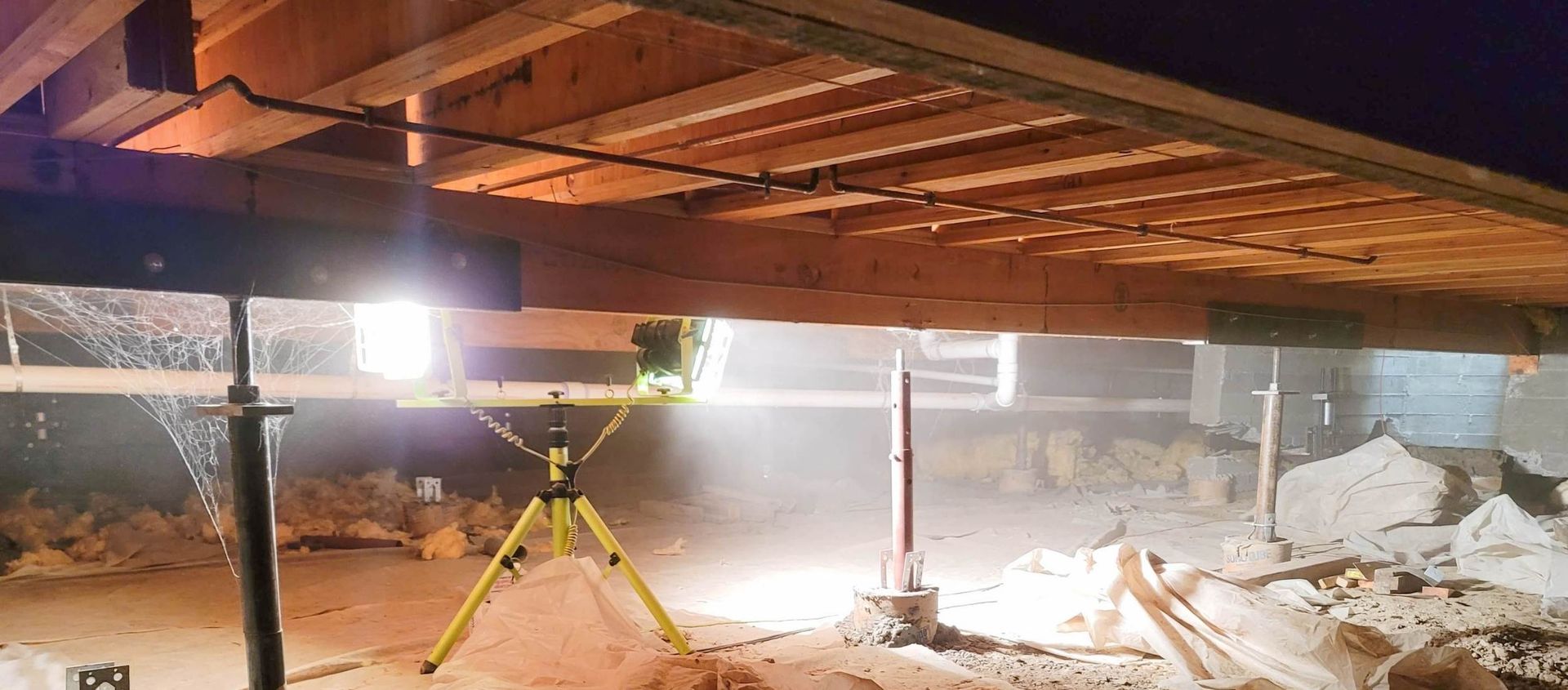Holiday Fire Prevention & Fire Safety Tips for Louisiana Homeowners
How to Prevent Fires this Holiday Season
With all the lights, candles and flammable decorations, we often see a spike in fires during the holiday season. Holidays are for family, traditions and festivities – NOT house fires. To keep your holidays from going up in literal flames this year, take some time to assess you decoration setup, review some fire safety tips and be cautious when cooking.
Holiday Fire Safety Tips
Between excess candles, all those lights, flammable trees, flammable decorations, over clutter, and so much more, your home is more vulnerable to fire damage than ever.
Candles: Depending on your affiliations, candles are both a requirement and a decoration. Candles are required for Menorahs and Kinaras. Candles can also be a chosen decoration to the warm and cozy holiday ambiance. Whether it is an aesthetic choice or a tradition root in culture, candles are still a fire hazard and open flames should be handled with care. Candles are easily forgotten about and tipped over when everyone is distracted in the festivities. With all the flammable decorations, presents and materials present, a forgotten candle can be a recipe for disaster.
- Place candles on a sturdy surface and at least 12 inches away from anything that might be flammable.
- Keep candles out of the reach of children and pets.
- NEVER leave candles unattended. Double check that all candles have been extinguished anytime you leave the home or go to bed.
- Consider a safer alternative to live flames and switch to LED flame-less candles.
Holiday Decorations: Improperly wired or powered lights near flammable decorations can leave you with a serious house fire and in need of emergency fire damage restoration. Don’t let a few improperly stung lights too close to a flammable nutcracker ruin your holidays. Electrical fires caused by frayed or improperly installed holiday lights account for a significant number of house fires during the holiday season. Pay close attention to your lighting and decorations setup.
- Before installing any lights, conduct a thorough inspection of all lights and decorations to check for damage or fire hazards. Repair and/or replace lights and decorations as needed.
- Do not overload your power circuit. Pay close attention to where you rout all your lights to and make sure to even distribute power.
- It is important to install the right lights for the job — use outdoor lights for your exterior, and use indoor lights for your interior. Most Christmas lights are not properly rated for both.
- Test outdoor lights before hanging them to make sure their ground fault interrupters do not trip the circuit breaker.
- Always shut off power to your lights and decorations before leaving the home or going to bed.
Live Christmas Trees: While very festive and really makes Christmas special, live Christmas trees can be a serious fire hazard if homeowners are not careful. A dried-out Christmas tree can become completely engulfed in flames in a matter of seconds, so it is important to take a few extra precautions if you plan to have a live tree this year.
- The tree should not be dry -- Be sure the tree is freshly cut, with green needles that do not fall off when touched.
- The tree trunk should be cut at a 45-degree angle before placing it in the tree stand. The larger surface area of exposed trunk will allow for more water absorption with daily watering.
- Establish a daily routine to water the tree. It is helpful to choose a high-quality tree base that allows for ample watering.
- Keep the tree at least three feet away from any heat source.
- Make sure the tree is not obstructing any heat vents, blocking walkways or near flammable items.
- Remove & dispose of the as soon as it dries out.
- Don’t plug more than three strands of lights into each other. If necessary, use a power strip to add more lights.
- Always unplug lights before going to bed or leaving the house.
Holiday Cooking: Some of us wait all year for that big family holiday feast -- the massive Christmas roast or perhaps the seven fishes on Christmas Eve. But, a big feast means a lot of cooking in the kitchen with open flames and various fire hazards. Any time we go into the kitchen and cook we should always proceed with caution. During the holidays, the kitchen always seems just a touch more chaotic than usual -- all the more reason to practice appropriate holiday fire safety.
- Keep young children away from sharp, hot or flammable items in the kitchen.
- Keep children and flammable objects far away from open flames, active stoves and active ovens.
- Keep hot pads on hand to protect from burns.
- Cleanup grease spills immediately.
- If you plan to deep fry a turkey, please so away from structures, trees and flammable objects — and follow proper turkey frying procedures.
- When possible avoid leaving food unattended while still cooking. Unattended food can quickly overflow the pan and cause a grease fire.
- Keep a fully-charged kitchen fire extinguisher rated for all types of fires in the kitchen in an easily accessible location.
- A little time spent reviewing some fire safety tips and assess for fire hazards can go a long way in preventing a serious house fire this holiday season. Remember – safety first! Happy Holidays from the Drymax Family to yours.
A little time spent reviewing some fire safety tips and assessing for fire hazards can go a long way in preventing a serious house fire this holiday season. Remember – safety first! Happy Holidays from the Drymax Family to yours.




